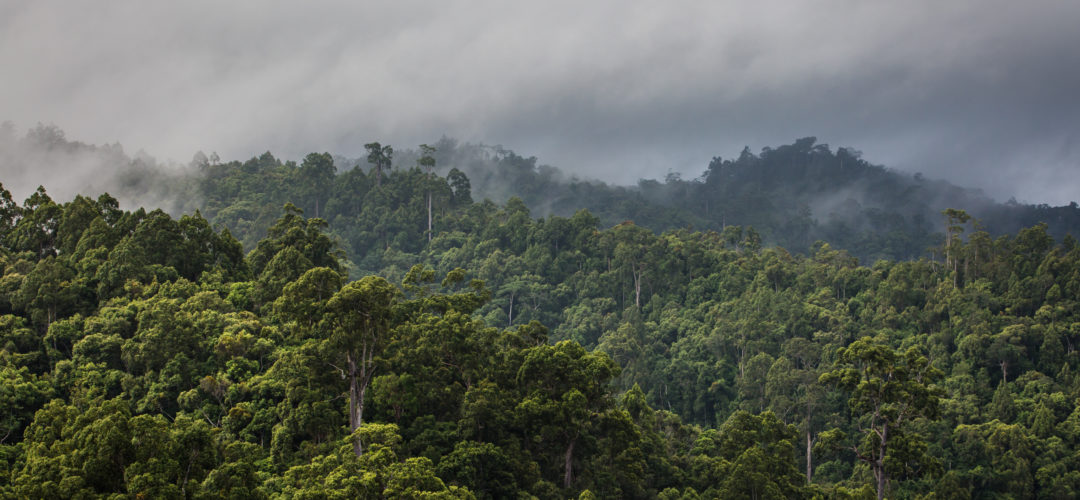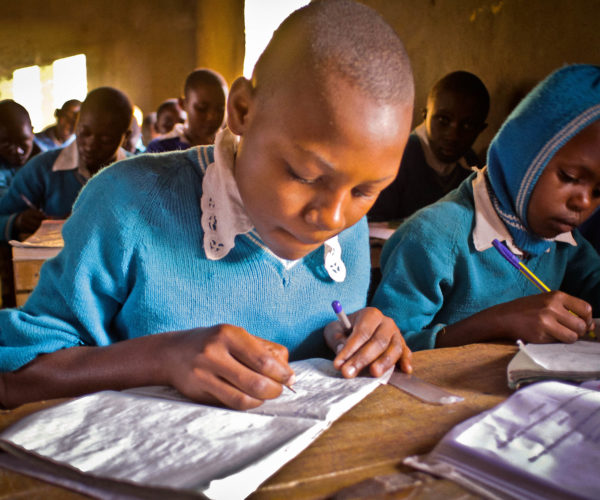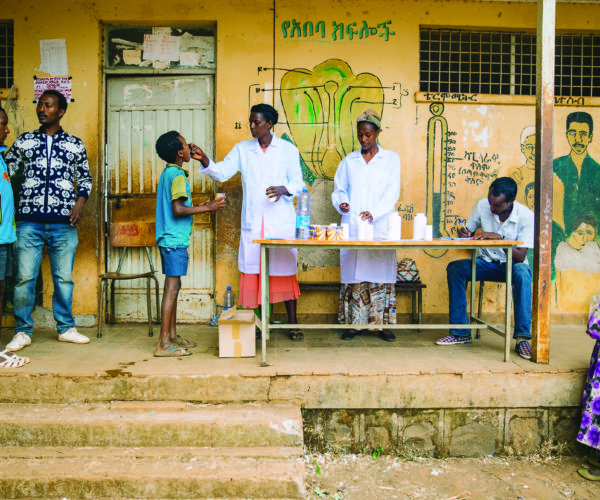Climate and Land Use Alliance
October 15, 2018
The Climate and Land Use Alliance (CLUA) is a donor collaborative of 6 foundations who believe that forest and sustainable land use are essential parts of combating climate change. Hosted at ClimateWorks Foundation, CLUA was established in 2006 by founding members ClimateWorks Foundation, Ford Foundation, Foundation, David & Lucile Packard, and the Gordon & Betty Moore Foundation. CLUA was later joined by Margaret A. Cargill Philanthropies (MACP) and Good Energies Foundation. Together, the donor collaborative aims to bring together its resources and diverse expertise to “promote viable solutions and mobilize greater funding to conserve forests and more sustainably use land —for the benefit of people and the planet”. CLUA works in Brazil, Indonesia, Mexico and Central America, and also pursues a complementary global agenda of promoting policies, programs and finance in favor of sustainable land use.
CLUA’s 8-member board includes one member from each foundation and is responsible for financial decision-making and strategy. Funders contribute to any number of strategic initiatives depending on individual foundation interest by pooling funding into ClimateWorks or individually through their foundations. The majority of funding is allocated individually by member foundations to grantees. All grant proposals and documents are shared between funders. Each foundation has its own grant template, and grantees must be invited by individual foundations to write a proposal. Grants must be in line with the CLUA strategy. While CLUA’s grant portfolio is mixed, 20% of funding supports indigenous forest movements and there is a strategic focus on NGOs involved in high-impact campaigns. CLUA’s new grantmaking strategy, to be launched in 2018, focuses on private sector agribusiness, international climate policy and finance, forest and land rights for rural economies and indigenous peoples, conflict-free commodities (i.e palm oil, wheat & soy), media and strategic communications, and infrastructure and extractive industries that impact tropical forests and communities (Davies, 21 Jun, 2018).
CLUA’s initiative coordinators based in Brazil, Indonesia, Central America and the US provide facilitated access to grantees and partners and perform monitoring on each initiative every six months. Since the collaborative’s inception, two independent evaluations of CLUA and its strategy have also been performed. Funders meet twice yearly to discuss challenges, grantees, impact and learning opportunities. Grants are mapped against yearly milestones to see how they are contributing to CLUA strategy.
Similar to other donor collaborations, CLUA has unified and focused the sustainable land use agenda based on the input of global experts and NGOs working in the field. The extensive donor network has also helped to leverage additional funding from international partners. CLUA may have more transaction costs because of its collaborative nature, according to Penny Davies of Ford Foundation, but the benefits outweigh these costs. This is also the view of the external evaluator. In the collective’s early years, foundations had drastically different perspectives and members were often pushed outside their comfort zones during discussions. The evaluations have encouraged members to challenge one another’s approaches and work towards strengthening CLUA’s strategy. Regular meetings and discussions have encouraged transparency within the collaborative.
Since its establishment, CLUA members have refined and focused their grantmaking strategies, allowing the collaborative to create more systemic change surrounding sustainable land use than would otherwise be possible. As Davies asserts, “You don’t want people to get comfortable or else you don’t get robust strategies” (2018). While each foundation joined CLUA with varying perspectives and expertise, the collective has created space for discussion and has learned to balance challenge and comfort. Going forward, CLUA aims to expand its donor and programming base to fund sustainable land use initiatives in the Amazon and Congo Basin regions.
Back to News


